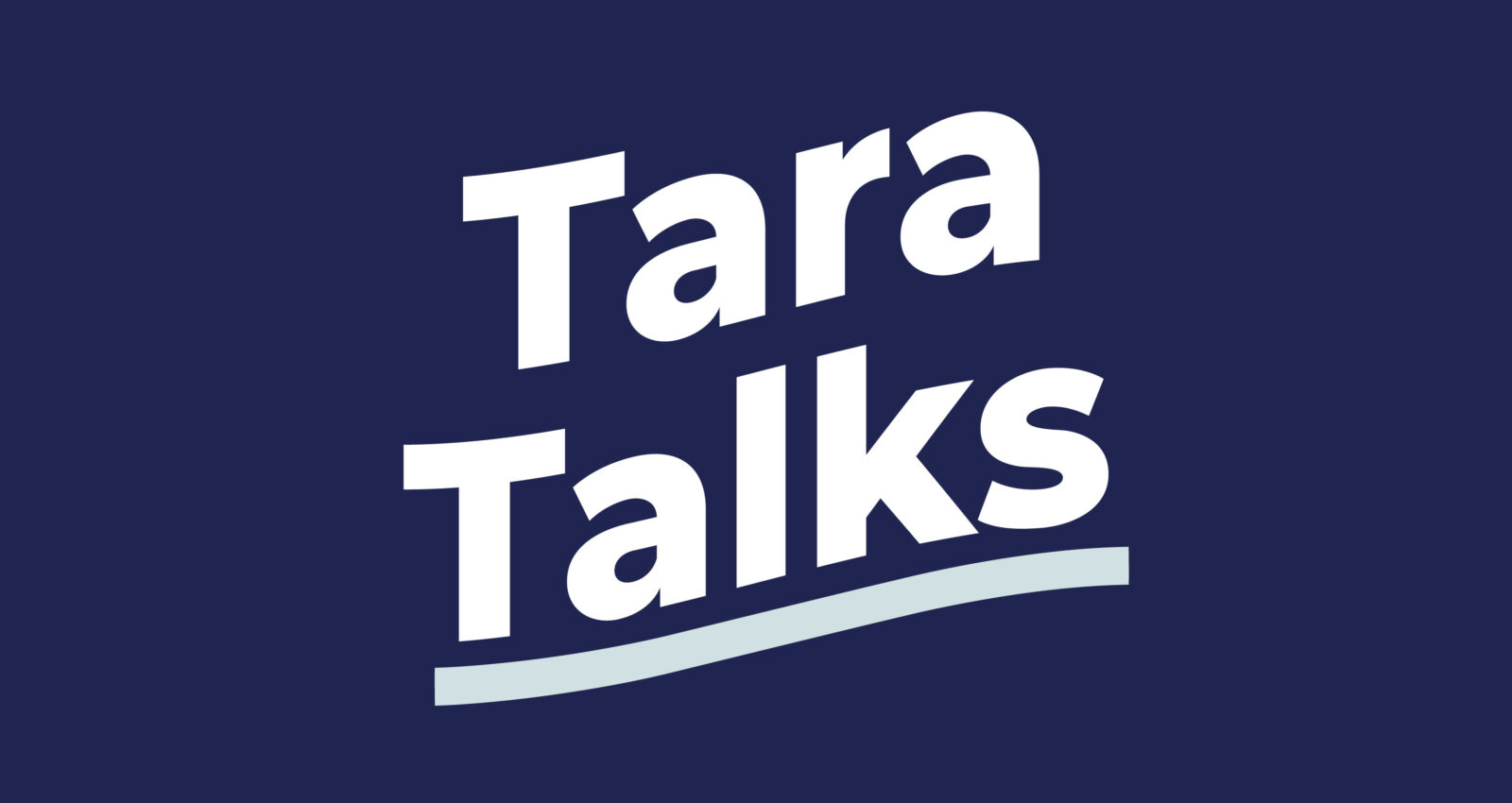October: Tara Talks

What are your thoughts on using medication for mental health problems? I feel like some therapists jump to that option too quickly. How do you know when someone could benefit from medication versus therapy alone?
Oooh, these are loaded questions, and I love them. I’ll preface this entire thing with a disclaimer that these are my personal thoughts on medication and mental health. It would be entirely asinine of me to speak for other professions and/or all the folks within my own profession. With that said, my general thoughts on medication for mental health problems are as follows: 1. Medication can be functional. 2. I feel neutral about it. 3. I tend to treat it as a last resort given my profession and my client preferences.
First, medication can be functional. Medication helps alleviate symptoms, and thus it serves a function of relieving people of some sort of pain or helping to regulate some dysfunction they’re experiencing. (We’re talking about mental health medication, just to be super clear.) In some cases, it helps people to focus. In others, it helps people to, quite literally, function on a daily basis. Further still, it helps people to regulate their emotional and mental stability. Let’s not conflate medication with the elixir of life or anything, but for quite a few people, it serves very specific functions. Of course, there are issues with medication, but we have neither the time nor space to get into those right now.
Second, I feel neutral about it. Medication is one avenue for mental health treatment. Much to the dismay of people who do want a quick fix, medication doesn’t “fix” a problem, it helps treat the symptoms. So, from my vantage point, it’s a tool. And if it’s a tool, then it’s just a tool.
I don’t feel strongly one way or the other about having a hammer, do I? Nope. I use it when I need it, and then I use other tools when I need them. Medication can be thought of in a similar way.
Third, I tend to treat it as a last resort given my profession and my client preferences. This third point is very specific to the clientele my group serves, the set-up of my business, and the training I’ve received. Medication is always an option, but when folks come in to see me, they’re generally interested in talk therapy (or couples therapy, since that’s my specialty) and aren’t thinking about medication. There’s an implication that if you’re going to talk therapy, then you probably want to talk. If you were going to see a psychiatrist or a psychiatric nurse practitioner, the implication would be that you’re interested in medication. My point is this. It is something that I bring up when other options have been exhausted or if the client’s symptoms are so severe that they’re getting in the way of functioning.
Let’s shift to your second point, which is that therapists jump to medication too quickly. Honestly, I think this is just dependent on the therapist. My preference, given that I don’t prescribe and wasn’t trained explicitly in the medical model, is to bring medication up when client functioning is an issue or when we’ve exhausted all other options. And even at that point, I’m going to tread lightly and spend as much time as the client needs talking about their thoughts, feelings, preferences, experiences, biases, and fears about medication. And I’ll only do this after asking if they even have any interest in talking about it. If they decide they’re interested, then I’d refer them to a psychiatrist or a psychiatric nurse practitioner.
Other therapists’ preferences might be to lay out every option at once. The question is whether they’re doing this in a way that is putting medication on a pedestal or laying it out like the hammer it is while making sure to include the screwdriver, drill, pliers, and wrench (read: giving you all the tools needed to make a decision). Throwing it out there as one option can make sense and is probably more about therapist style or situation (e.g., place of work can influence discussions and takes on medication).
The last question is the hardest, because it depends on the person. If a friend told me they were thinking about medication for anxiety, but then went further to disclose big traumas in their life that they’ve never talked about with anybody, then I’d probably recommend that they talk with a trauma-focused therapist. If this friend couldn’t function or was in significant emotional pain, then I might suggest doing both medication and talk therapy, with the plan to wean off medication once some of that trauma had been processed (if they wanted to). If a friend told me they’ve done talk therapy for years and it’s been helpful, but they still can’t sleep at night, then I might suggest going straight to a psychiatrist or psychiatric nurse practitioner. I could keep going, but I’ll spare you.
Ultimately, the decision to take medication or engage in talk therapy (or do both) is entirely specific to the person asking. For me, it comes down to a person feeling informed and grounded with their decision while also having the space to process said decision when, if, and how it’s needed. And, like most things in life (and in therapy), there is no one right way. The right way is more about a way of being so that you feel in alignment with your values, solid in your decision, and as though you’re acting in integrity with yourself. That’s what really matters.


